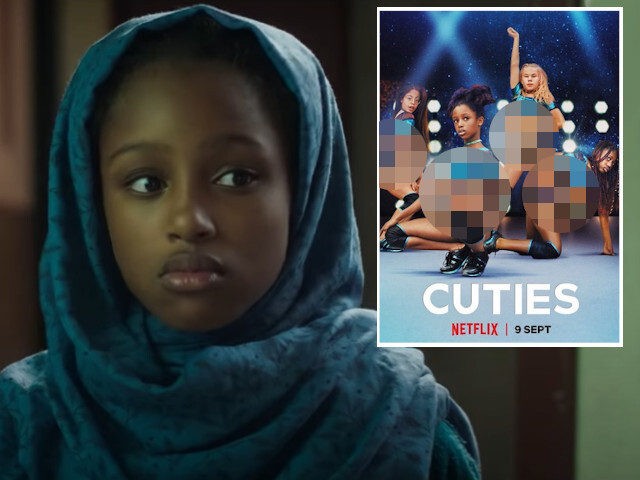Netflix has asked a federal court to stop a Texas prosecutor from pushing child pornography charges against the company for distributing the controversial 2020 French film Cuties.
In 2020, as the Cuties controversy took hold of the American zeitgeist, Lucas Babin, the district attorney in Tyler County, Texas, indicted Netflix arguing that the film violates state law against “lewd exhibition” of children. Netflix argues that the case violates the First Amendment.
“A hearing was initially set on that motion for Thursday,” reported Variety. “But in a procedural move on the eve of the hearing, Babin dropped the original indictment and brought four new indictments under a different statute, alleging that the film violates the Texas state law against child pornography.”
“In response, Netflix filed a request for an injunction in federal court, arguing that Babin has abused his office in order to deprive Netflix of its First Amendment rights,” it added.
Watch below:
Netflix argued that it would suffer “irreparable harm by being forced to continue playing Babin’s game in state court and defending itself against even more baseless charges.”
A hearing will be held on Friday in Beaumont, Texas.
Netflix found itself at the center of controversy in 2020 when it released a poster for the movie Cuties that featured pre-teen girls in sexually suggestive poses. The company apologized after severe online backlash. “We’re deeply sorry for the inappropriate artwork that we used for ‘Cuties.’ It was not OK, nor was it representative of this French film which premiered at Sundance. We’ve now updated the pictures and description,” Netflix said in a statement.
Cuties tells the story of 11-year-old Amy who joins a dance group called “The Cuties” at school with her friends. Defenders of the film argued that Netflix dramatically misrepresented the story’s content with its poster, noting that the original French advertisements were tame by comparison. However, upon the movie’s release, the hashtag #CancelNetflix quickly began trending when clips of the movie revealed that the poster indeed reflected the movie’s content: pre-teen girls dancing sexually.
In response to the backlash, Netflix defended the film as “a social commentary against the sexualization of young children. It’s an award-winning film and a powerful story about the pressure young girls face on social media and from society more generally growing up – and we’d encourage anyone who cares about these important issues to watch the movie.”

COMMENTS
Please let us know if you're having issues with commenting.